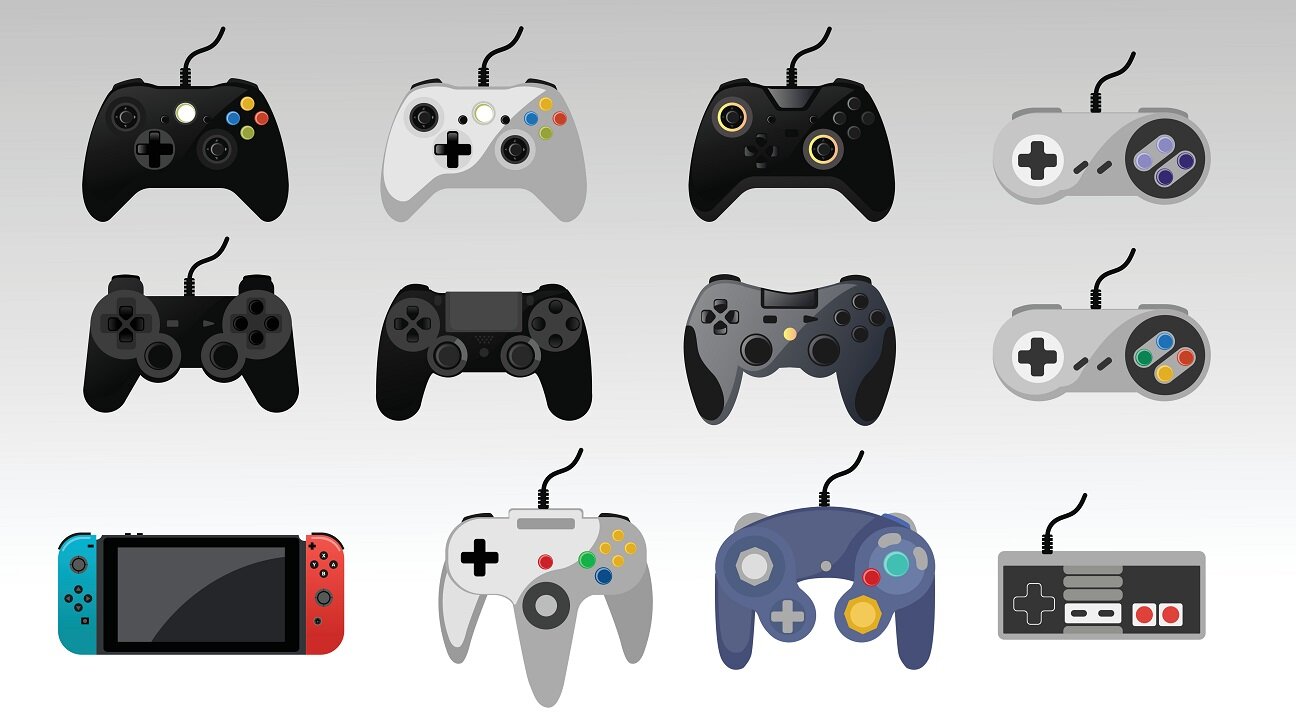When it comes to screen time and video game time for children, most of us are a bit cautious. But is all screen time bad per definition? It turns out that reality is more nuanced than that, as research shows that there are benefits to playing video games for boys.
It turns out that not all screen time is the same. Screen time guidelines would benefit from differentiating between different types of screen time - Image Credit: Monkey Business Images via Shutterstock / HDR tune by Universal-Sci
A UCL-led study on the effects of screen time on children shows that boys that frequently play video games at age 11 are less likely to exhibit depressive symptoms three years later. Interestingly enough, the same study also shows that girls actually appear to develop more depressive symptoms when they spend larger amounts of time on social media.
When it comes to screentime in general, we are presented with a wide range of activities. Some activities are beneficial for developing minds, where others are detrimental. UCL psychiatry researcher, Aaron Kandola, stated in a press release that if we are to create recommendations and guidelines about screen time, it should be founded on our knowledge of how these various activities may affect mental health as well as the substantiality of these effects.
According to Kandola, video games have been an important social platform for young people during the pandemic. Although the team couldn't confirm whether playing video games improves mental health, it didn't appear harmful in their study and may actually have some benefits.
The study focused on data from the rather large Millenium Cohort Study done on a group of over 11.000 adolescents. The research group consisted of a nationally representative sample of young people that have been involved in research since they were born in the United Kingdom between 2000 and 2002.
Image Credit: yudha satia via Shutterstock
At age 11, the participants answered questions about the time they spent playing video games, on social media, and on the internet in general. At age 14, they also responded to questions concerning depressive symptoms, such as low mood, loss of pleasure, and reduced concentration.
After analyzing the results, the science team discovered that. Three years later, boys who played video games on most days had 24% fewer depressive symptoms than boys who played video games less than once a month. This result only appeared among boys with low physical activity levels on average, and researchers did not observe the same effects among girls. The researchers hypothesize that this might suggest that less active boys may gain more enjoyment and social interaction from video games on average.
The researchers claim that mental health benefits might be derived from problem-solving, social, cooperative, and engaging elements commonly found in video games. There may also be other explanations for the link between video games and depression, such as differences in social contact or parenting styles, sadly there was no data available to support that hypothesis. Perhaps this could be a topic for further research.
One additional interesting find was that girls (but not boys) that used social media most days of the week, at age 11, had 13% more depressive symptoms three years later than those who used social media less than once a month. Previous research has observed similar trends. This further strengthens the point that not all screen time is the same. Consequently, screen time guidelines would benefit from differentiating between different types of screen time.
Lastly, one thing to keep in mind is that, like with most things in life, moderation is essential. Also, be sure always to promote physical activity to break up lengthened periods of inactivity.
As always, be sure to check out the published paper for more in-depth information about the study mentioned in this article.
Further reading:
If you enjoy our selection of content consider subscribing to our newsletter (Universal-Sci Weekly)
FEATURED ARTICLES:











